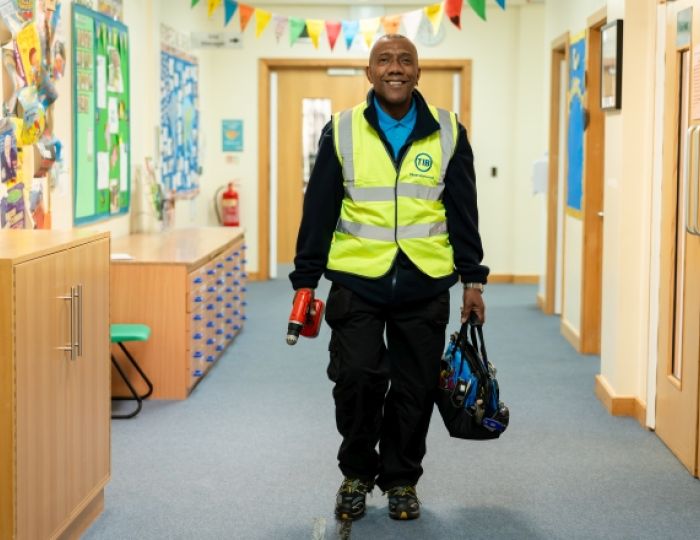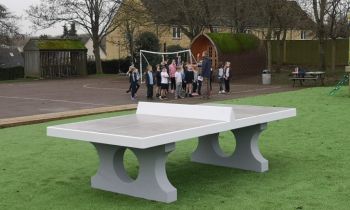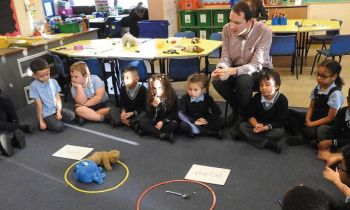With divorce cases soaring, schools across the UK have resumed the responsibility of navigating the sometimes-tricky waters of managing disputes between separated parents.
A good place to start is by defining who is the parent to your pupil(s). While this might seem straightforward, legal definitions vary.
Family law determines legal parents are the biological parents, as well as:
- those named on the birth certificate, whether married or not
- adoptive parents
- a person who is determined to be a parent under the Family Law Act with particular reference to artificial conception procedures
Meanwhile, education law states legal parents are biological parents, whether married or not, but also any person who, although not a biological parent, has parental responsibility for a child. This could be:
- an adoptive parent
- a step-parent
- a guardian or other relative
Any individual who, although not a biological parent, has care of a child or young person can also be deemed ‘a parent’ under education law.
Parental responsibility (PR) is all of the rights, duties, powers, responsibilities and authority that a parent has concerning the child.
A person with parental responsibility can make decisions about the child’s upbringing and is entitled to information about their child.
Therefore, everyone who is a parent, as recognised under education law, can participate in their child’s education and the decisions made within it.
Child arrangement order
Court orders under section 8 of the Children Act 1989 (also called section 8 orders) settle areas of dispute about the exercise of parental responsibility, or a child’s care or upbringing. They can limit how an individual exercises their parental responsibility.
Child arrangement orders, meanwhile, set out with whom a child is to live, and when, and the persons with whom they spend time and have contact.
You can request a copy of the most recent court order from parents to support your duties in respect of child safeguarding. But be aware that parents may first need to seek permission of the court to share orders with third parties, including the child’s school.
School report and parents’ evening
Receiving a report or heading in to meet the teacher is already a stressful time for any parent.
It’s important that separated parents continue to receive the same updates. They must have joint and equal rights to all information you provide. You are obliged to send out duplicate reports, letters etc. to keep everyone in the loop.
You should invite separated parents to attend parents’ evenings – either together or apart depending on the circumstances. Even where one parent may be more involved with the school than the other, it’s crucial to ensure that you don’t miss anyone out.
School residential trips
It’s a well-rehearsed scenario – the child is excited for a weekend away with friends. One parent has given permission and paid for a trip. Then the second parent finds out and rings the school in frustration.
For trips outside of England and Wales, both separated parents, where they have parental responsibility, need to give written consent. This is important because failure to do so runs the risk of breaching the Child Abduction Act 1984.
Where there is a child arrangement order, it can be the case that the trip falls during time with the live-in parent and that only their consent is given.
But, referring back to parental responsibility in education, you should share any information or decisions within school with both parties.
Generally speaking, it’s better to involve separated parents in most situations and work in harmony for the sake of the child.
For trips within the UK or local visits, the rules are less strict. However, I would still advise caution and always involve both separated parents in any decisions.
Pick-up and drop-off
However difficult the situation, encourage separated parents to take their disagreements away from school. This is to avoid a detrimental impact on their children.
Parents need to have a set routine for pick-up and drop-off times, and to respect them. They should resolve any disputes away from school, so they don’t escalate on the school premises.
But, when they do, try to diffuse a situation and ask the separated parents to resolve problems elsewhere. It might be good to encourage them to get professional legal advice or mediation.
However, if it is a recurring problem and affecting a child, consider getting the local authority involved. Ultimately, you need to consider the needs of the child first and foremost.
Joint custody
Where you have pupils with separated parents who are not seeing eye to eye but are still involved with their child’s education, the school can be at risk of becoming a battleground.
Parents may use the school and its staff as a way of contacting or disputing the other party. It’s important to try to stay as neutral as possible.
As children spend a substantial amount of time with their teachers and other school staff, separated parents may see this as a way to unload concerns. They may look for ways to bring the school ‘on side’.
It’s important to remember that any requests made to the school need both parents’ consent. For example, when changing a child’s surname.
You should also be cautious about any details being shared about disputes. This is particularly true if the court is involved in an ongoing divorce settlement.
Help prevent issues and enable quick reactions in the event of a problem by:
- Keeping track of any ongoing problems
- Having regular contact with separated parents, and potentially others with parental responsibility
Custody trial evidence
Sometimes a court may order you to give a statement or evidence as part of a custody trial, or over concerns about child welfare.
This is perhaps the only time when a school has a right to be involved. However, it’s important to stick to facts, not opinions, and to stay impartial.
Education and family law specialists can sometimes help with more difficult situations. They may be able to offer advice. They might approach the parents’ solicitors if problems are starting to encroach on the school.
Whatever your concern, a school’s top priority is the safety and wellbeing of its pupils and staff.
Keeping them at the forefront of any decision regarding parents will hopefully ensure you are not dragged into external and domestic issues.
But, on top of this, you have a responsibility to involve the right people in a child’s education. You can do this through effective communication.
Melanie Bridgen is partner and solicitor in family law at Nelsons Solicitors. For more information on Nelsons’ education law expertise, visit nelsonslaw.co.uk/education-law










